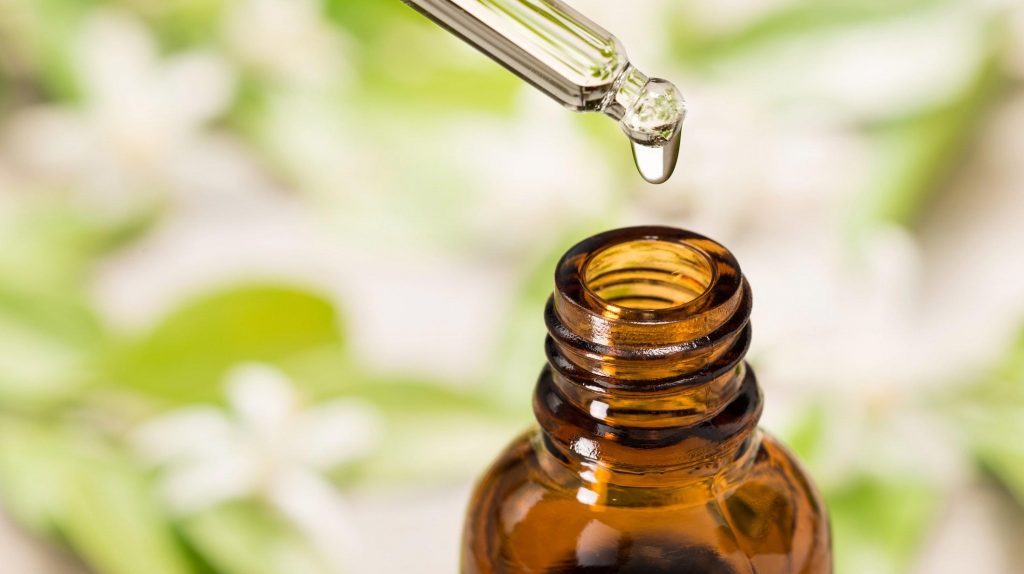The Difference Between Full Spectrum CBD vs. Isolate
If you have been looking to buy CBD products, you’ve most likely noticed that some of them are labeled as ‘full spectrum CBD’, whereas others as ‘CBD isolate’. This might be confusing, as many people don’t understand the difference between these two, how they affect the body, and which one of them is better.

Full Spectrum Vs. Isolate
There are over 480 compounds in the cannabis plant, of which 60 are cannabinoids, including CBD.
Full-spectrum CBD products contain a variety of cannabinoids and compounds found in the cannabis plant. So, besides CBD, these products also contain other cannabinoids like CBG, CBC, and CBN, as well as flavonoids, terpenes, etc.
CBD isolate is a pure powder that contains mostly CBD (99%). The rest of the matter contained in the cannabis plant, including waxes, chlorophyll, and oils is removed. These products can be made artificially in a laboratory or by isolating CBD from the cannabis extract.
The Upsides and Downsides of Full Spectrum CBD and CBD Isolate
Both isolates and full-spectrum CBD products have their own advantages and disadvantages.
First of all, the majority of full-spectrum products are made with an extract obtained from industrial hemp (a member of the cannabis plant family), which contains THC in traces (under 0.3%).
But even though the amounts of THC are insignificant and can’t make users high, they do show on drug tests, especially in people who take CBD regularly and in larger doses.
On the other hand, THC can be completely removed from CBD isolates, which is great news for people who might be subject to random drug tests.
Bottom line is, even though isolates are very popular among users who can be subject to drug tests, full-spectrum CBD offers greater health benefits due to the fact that it contains all the compounds present in the cannabis plant.
What’s the ‘Entourage Effect’?
The term ‘entourage effect’ specifically refers to the phenomenon that the different compounds in the cannabis plant can work together in the human body to produce unique effects. Even though this theory is widely questioned and debated, research has found that the effects of cannabis don’t come from individual compounds, but from the way, those compounds synergize in the human body.
For instance, research has confirmed that CBD can block THC’s negative effects like anxiety and paranoia. CBD does this by inhibiting certain cannabinoid receptors which are known to bind with THC.
A research conducted by the Lautenberg Center for Immunology and Cancer Research in Israel compared the effect of isolates and full-spectrum CBD in the treatment of inflammation and pain. It was concluded that full-spectrum CBD is more effective than isolates when it comes to treating or alleviating certain ailments.
Here’s another example that confirms the theory of ‘entourage effect’: Marinol, a man-made form of THC which is approved by the US Food and Drug Administration, is often used to treat chemotherapy side effects like vomiting and nausea. However, the drug’s effects are nothing like those that result from consuming THC-enriched natural cannabis products, which are known to reduce these side effects. Many patients reported that Marinol is less effective and in some cases, it even causes vomiting and nausea instead of reducing them.
The ‘entourage effect’ doesn’t refer only to CBD and THC. All of the compounds found in the cannabis plant can synergize with each other to produce unique effects. This also includes terpenes like pinene, which is believed to help with cognitive issues caused by THC, such as learning new things, trouble remembering, making decisions, or concentrating. In addition, caryophyllene and myrcene have been shown to alleviate anxiety.
So far, researchers have been mostly focused on investigating the effects of CBD and THC. However, things are starting to change and more studies are taking into consideration other compounds, so we should find out more about cannabis’s potential soon.

What About Broad-Spectrum CBD?
So far, we know that full-spectrum CBD products contain different compounds found in cannabis, including small amounts of THC, CBD, waxes, chlorophyll, and terpenes. Isolates, on the other hand, consists mainly of CBD (99%) and only traces of terpenes. But even though isolates don’t offer much regarding the entourage effect, they allow users to take larger doses of CBD without any THC.
But where does broad-spectrum CBD belong? Broad-spectrum CBD products are very similar to full-spectrum products because they contain different compounds from the cannabis plant. This means that they also offer the benefits of the entourage effect. The difference is, broad-spectrum products don’t contain any THC. That’s why this is the best type of CBD extract for those that want to avoid consuming THC but want to experience the benefits of CBD and terpenes.
Final Thoughts
When you’re buying CBD, you need to remember several tips that will help you get the best products.
CBD isolates contain mostly CBD. Various chemicals and flavors may be added to the finished product, so make sure to check the ingredients before making a purchase.
Full-spectrum CBD products, on the other hand, contain a number of compounds that occur naturally in the cannabis plant, thus providing more health benefits.
To experience the full benefits of CBD, look for full-spectrum or whole-plant CBD products. If produced by reputable suppliers, these products will provide high-quality hemp extract rich in phytonutrients and without any fillers or chemical additives.
The advantage of CBD isolates is the price. But even though they cost less, the lack of regulation makes it difficult to figure out what exactly is inside the package.
Reputable suppliers always offer lab results as proof that their claims and product information are accurate.
Other related topics:



